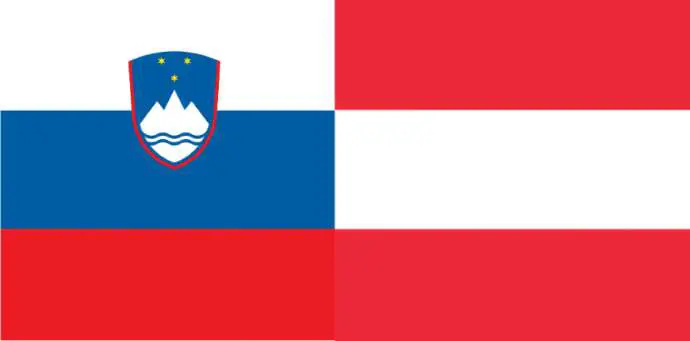STA, 10 January 2019 - More than 90% of Austrian companies doing business in Slovenia believe the country will continue to be an investment-friendly environment this year, follows from an annual survey conducted by the representation of the Austrian economy in Slovenia, Advantage Austria Ljubljana. The skills gap remains an issue.
"Austrian companies and investors are aware that they have an incredibly interesting, dynamic, stable, competitive and reliable market with plenty of opportunities right next to them," Peter Hasslacher, the head of Advantage Austria Ljubljana, said at the presentation of the survey.
Companies doing business in Slovenia are satisfied with the accessibility of public tenders and their transparency, and with the quality, education and the motivation of the workforce in Slovenia.
However, they find it increasingly hard to find suitable workers. Among those, 73% would require more workers with secondary education and almost 27% more workers with higher education.
According to Hubert Culik, the head of coatings maker Helios, which had been owned by Austria's Ring International before being sold to Japanese Kansai Paint, there is a lack of practical training of young people in Slovenia.
"Many of our new employees require lengthy practical training despite just having finished their studies," he said.
Other measures that would further improve the business environment in Slovenia include reducing taxes and red tape, improving the flexibility of labour market, and stabilising the political situation, according to the respondents.







